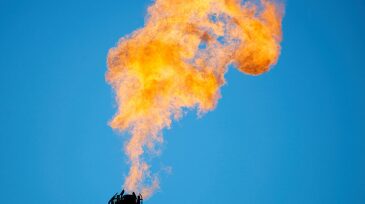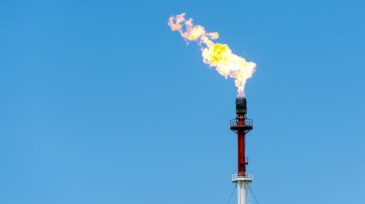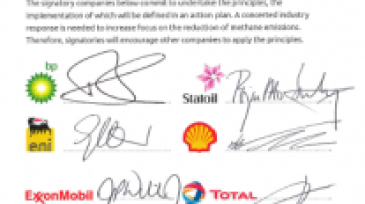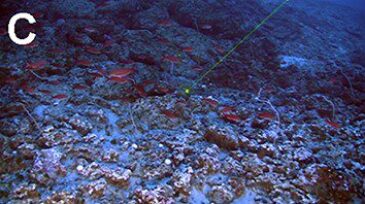Environment
The agency’s administrator said the program “does nothing to improve air quality.”
The project is expected to recover up to 300 MMscf/D of flared gas. Plans call for the recovered gas to be converted into treated dry gas, liquefied petroleum gas, and condensate for domestic use and export.
This research aims to harness the advanced capabilities of artificial intelligence, specifically deep learning and large language models, to develop a comprehensive system for detecting and explaining oil spills.
-
On 26 April 2018, Canada's minister of environment and climate change announced new regulations under the Canadian Environmental Protection Act, 1999, to reduce methane emissions in the oil and gas sector by almost half.
-
ExxonMobil announced greenhouse gas reduction measures that are expected to lead to significant improvements in emissions performance by 2020, including a 15% decrease in methane emissions and a 25% reduction in flaring.
-
The Nigerian National Petroleum Corporation announced a three-point smart strategy aimed at ending gas flaring in Nigeria’s oil and gas industry in 2 years.
-
The Alberta Energy Regulator has issued two draft directives that will require upstream oil and gas operators to reduce methane emissions from upstream oil and gas sites by 45% from 2014 levels by 2025.
-
The US Environmental Protection Agency (EPA) is embarking on a new study that will take a holistic look at how the EPA, states, and stakeholders regulate and manage waste water from the oil and gas industry.
-
Three global energy industry associations have signed on to the Methane Guiding Principles to increase focus on reducing methane emissions across the natural gas value chain.
-
British Columbia is seeking to enhance its regulatory spill response regime across the province by way of a phased approach. Phase 2 is currently under way, and comments on this process are due by the end of April 2018.
-
This paper provides a broad overview of the Great Amazon Reef System based on the first-ever video surveys of the region.
-
Climate change has brought the oil industry face-to-face with the enormous challenge of providing the world with a source of efficient and reliable energy while at the same time ensuring that CO2 emissions are mitigated.
-
The Trump administration will begin the environmental review process for oil and gas drilling on a section of the Arctic National Wildlife Refuge, a region in northern Alaska rich in crude but prized by conservationists.











